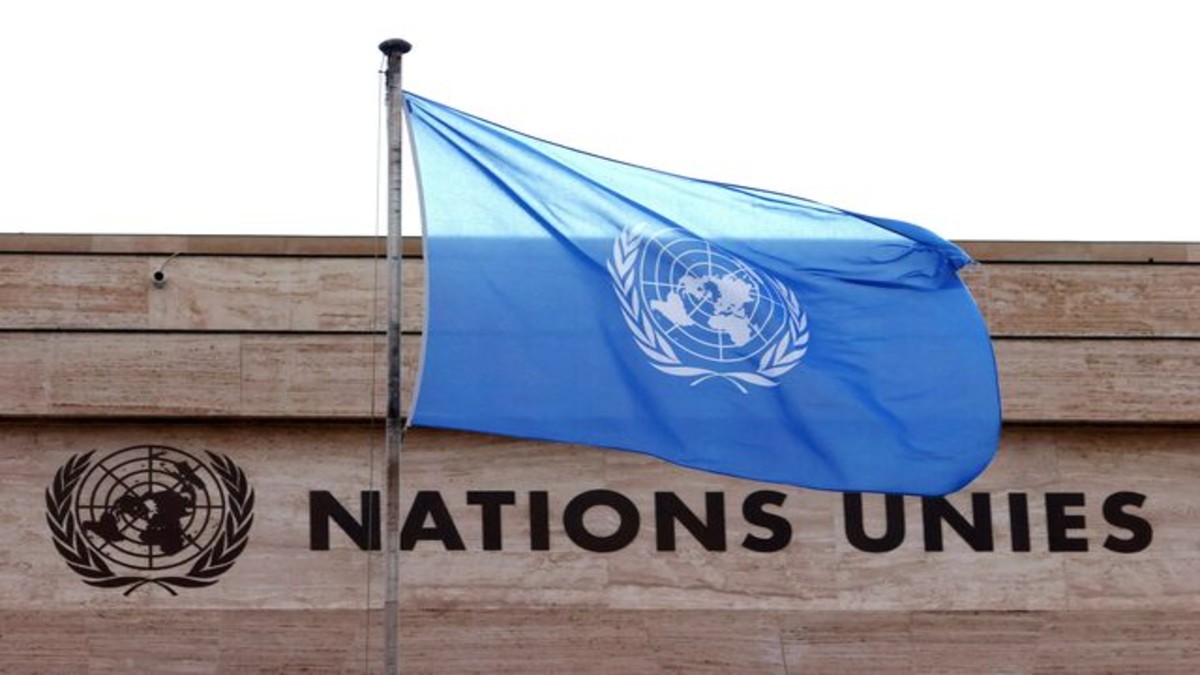The United Nations’ Office for the Coordination of Humanitarian Affairs (OCHA) has announced that it will lay off 20 per cent of its workforce and scale back operations in as many as nine countries, citing a massive funding crisis.
In a letter shared with OCHA’s employees, the agency’s head Tom Fletcher highlighted “brutal cuts”, amounting to a nearly $60 million shortfall in funding this year and an increased demand of its services due to a looming humanitarian crisis across the world.
The UN’s humanitarian agency will suspend or cut back operations in countries like Cameroon, Colombia, Eritrea, Iraq, Libya, Nigeria, Pakistan, Turkey, and Zimbabwe to “prioritise dynamic and full responses” in the remaining countries.
How many employees will be laid off?
The agency intends to lay off around 500 of its roughly 2,600 employees working in over 60 countries, aiming to consolidate its operations in fewer locations, according to Najwa Mekki, OCHA’s director of communications. She referenced a separate letter written by Fletcher.
“The humanitarian community was already underfunded, overstretched and literally, under attack. Now, we face a wave of brutal cuts,” Fletcher wrote.
What drove OCHA to fire employees?
Fletcher emphasised the agency’s shift to a “lighter, faster” approach centered on key priorities: crisis response, sector reform, and humanitarian leadership. This transition is in line with the UN’s wider “Humanitarian Reset” – a 10-point plan adopted in February by the Inter-Agency Standing Committee (IASC) – as well as Secretary-General António Guterres’ UN80 reform initiative.
As OCHA stresses cuts that it thinks are necessary for its survival, aid groups have expressed fear to CNN over the move’s potential to reduce aid in crisis zones.
A representative from the Baghdad-based rights organization Al Amal Association told CNN that OCHA’s cuts could “seriously affect humanitarian efforts in Iraq, especially those focused on women’s rights,” and cautioned that without OCHA’s support, the group’s own staff may also face layoffs.


)
)
)
)
)
)
)
)
)



